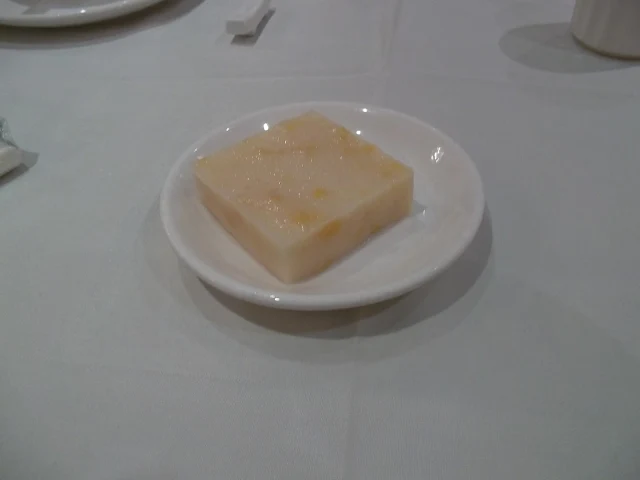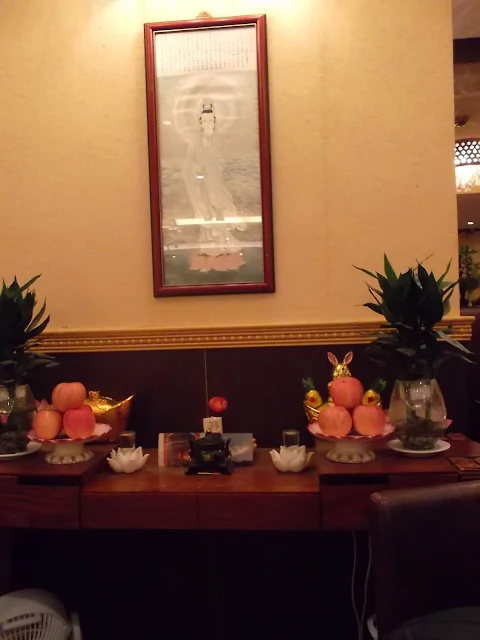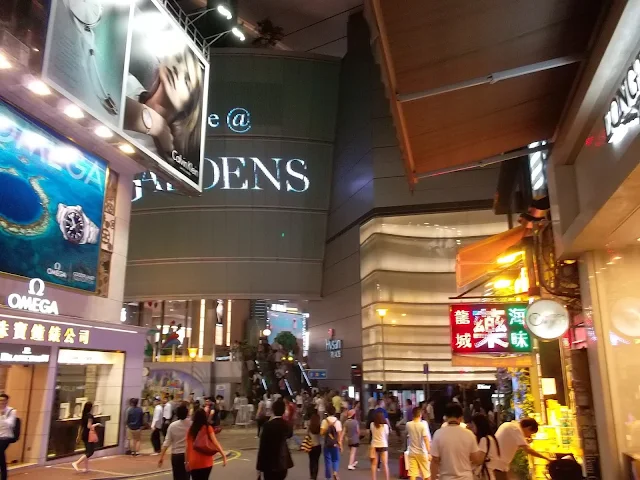One of the greatest things about living in East Asia is the rich and delicious vegetarian cuisine. I am not a vegetarian or vegan, but I love to eat vegetarian food and if there were more restaurants that offer this kind of food I think I would avoid eating meat altogether.
Two days ago I went with a couple of friends to Paramita, a vegetarian restaurant in Times Square, in Hong Kong's thronging shopping area of Causeway Bay. Let me share with you some pictures I took that day.
Times Square
Having grown up in Italy, I have a very complex relationship with old architecture. Italy is full of historic sites - ancient temples, Roman edifices and ruins, wonderful medieval churches and palaces -, and of art and culture. On the one hand, this historic heritage is impressive and spectacular. Walking on the streets of Rome or Venice, you are surrounded by beautiful buildings, by squares and palaces filled with history, and with a unique, romantic, dream-like atmosphere that brings you back hundreds or thousands of years, connecting the past and the present through the visual power of architecture and arts.
Despite all that, when I was younger I always found the almost museum-like appearance of Italian cities suffocating and stifling. When you look at the magnificence of the old, the contrast with the new is astounding. From World War II onward, most new buildings are either mediocre or ugly. This is particularly true when it comes to infrastructure, like bridges, public transport, roads, stations. For instance, the underground system in Italian cities is one of the worst I've ever seen, both in terms of aesthetics and in terms of functionality. I wish that Italy (and Europe) not only cherished the historic substance of their cities (which is a good thing) but also developed more new areas that combine beauty, atmosphere, culture and economic vitality.
As a consequence, I developed a sort of longing for the new, the vibrant, glamorous, glistening and modern. That is why Times Square and Causeway Bay always thrill me with their mix of lights and gigantic screens, of department stores and skyscrapers.
 |
| For those who have money, Hong Kong is a true shopping paradise |
Paramita - Vegetarian Food
Paramita is just a few meters away from Times Square and Causeway Bay MTR Station exit A, as you can see from the map below.
I really loved the delicious, healthy food so much. I wish there was one of these restaurants close to my home. We also got a very nice dessert for free. We paid around 330 $HK (33 Euros), so around 11 $HK per person (11 Euros). Here are some pictures.
 |
| The dessert |
 |
| This shrine next to our table is a common sight in East Asian shops. Business owners make offerings to the Gods to make their business prosper |
 |
| This is the character 素 (pinyin: sù), which means 'vegetarian' |


















Comments
Post a Comment